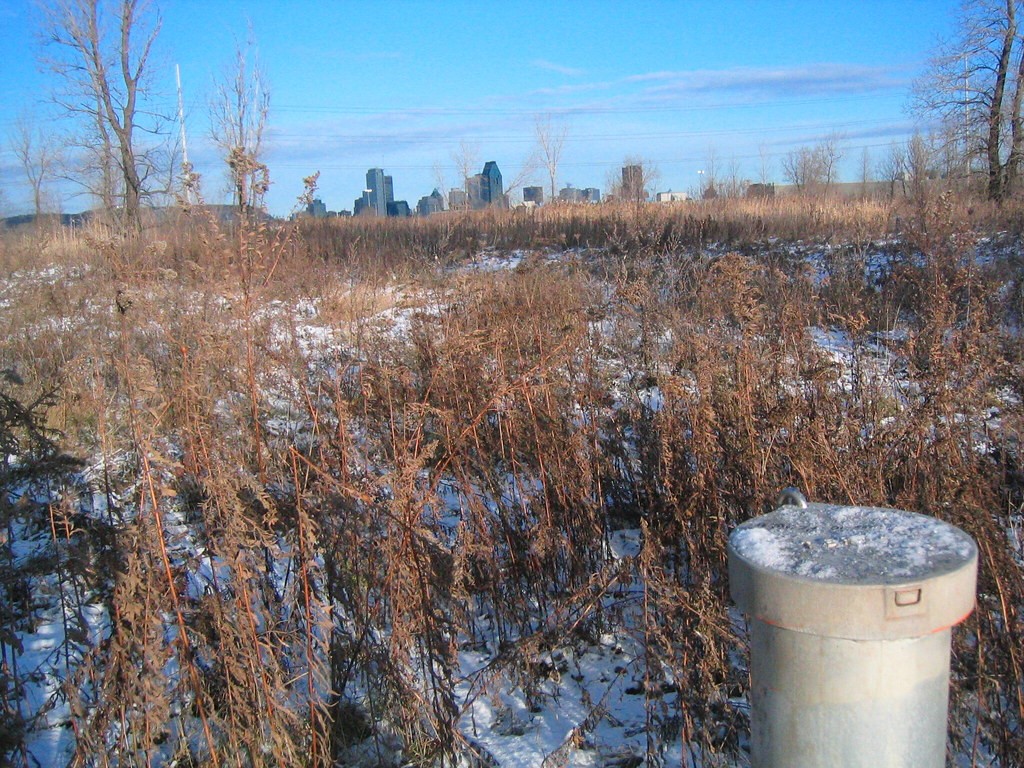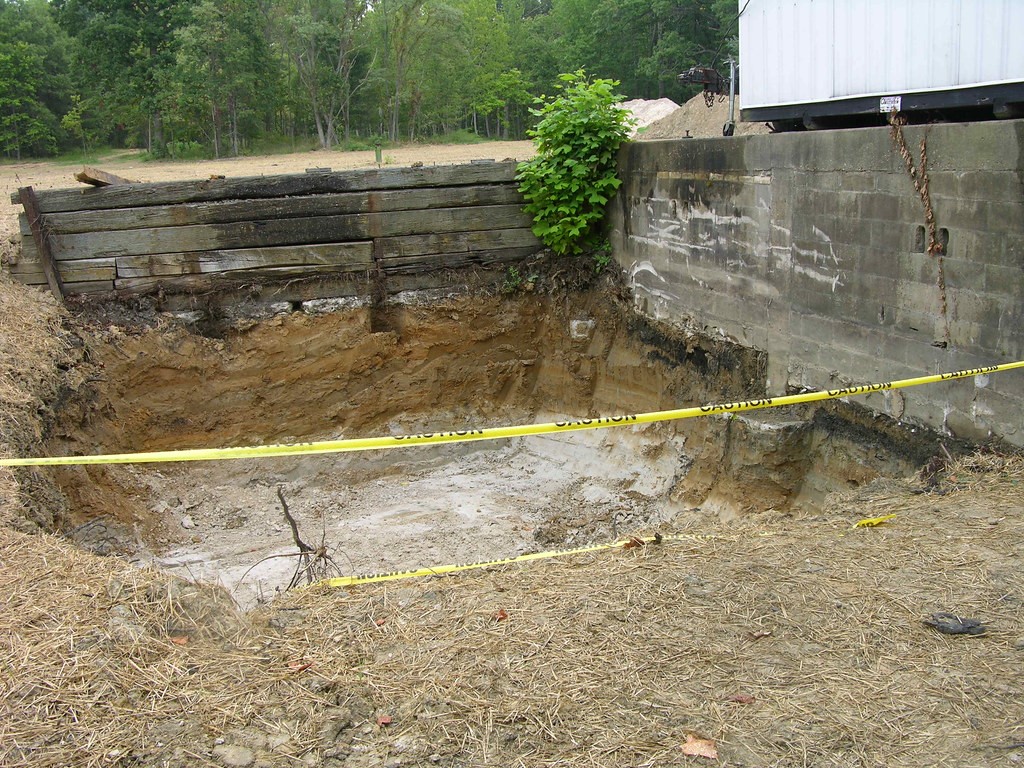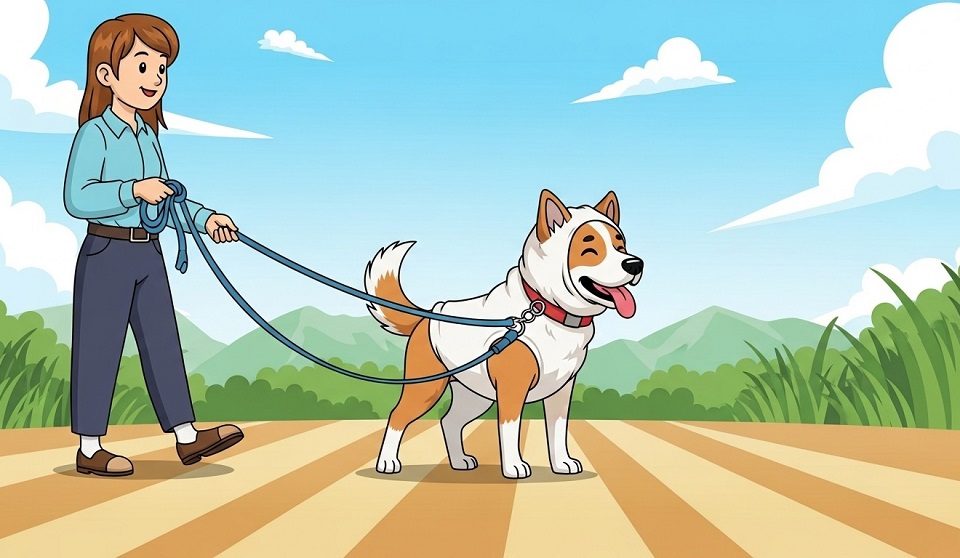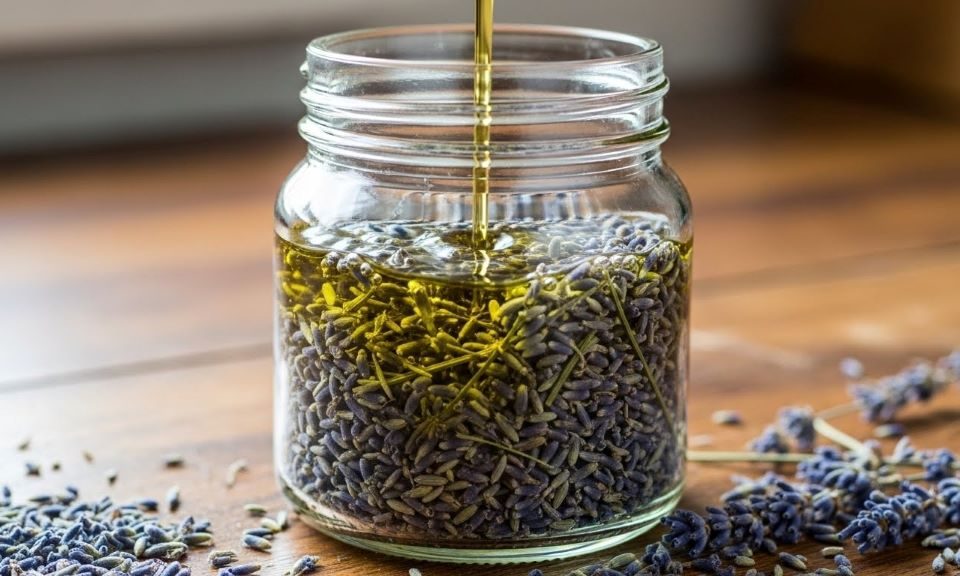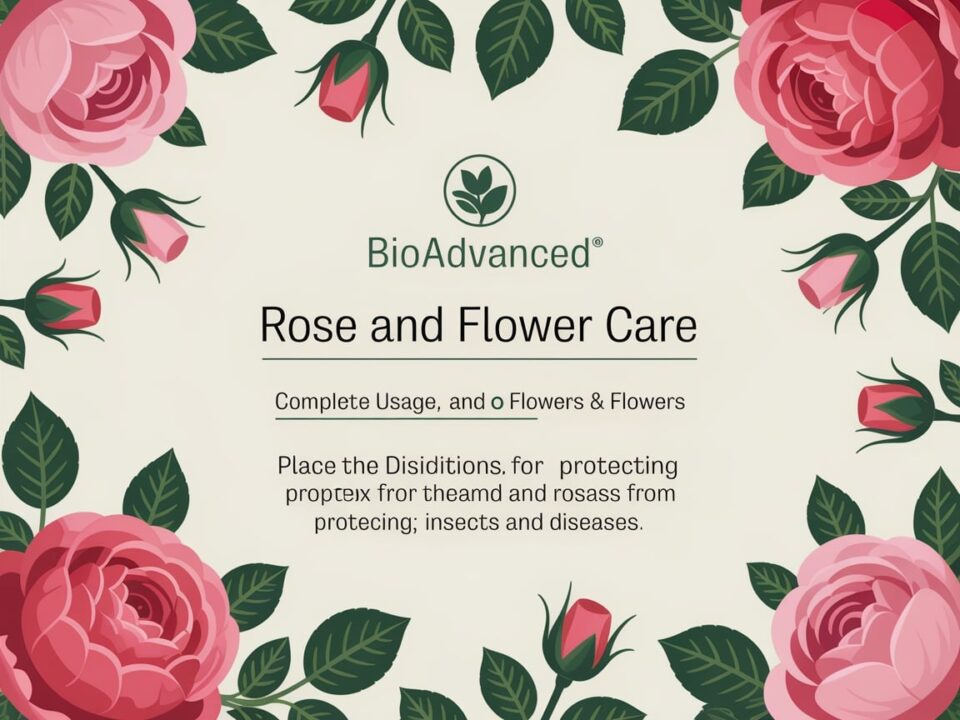How does contaminated land affect wildlife?
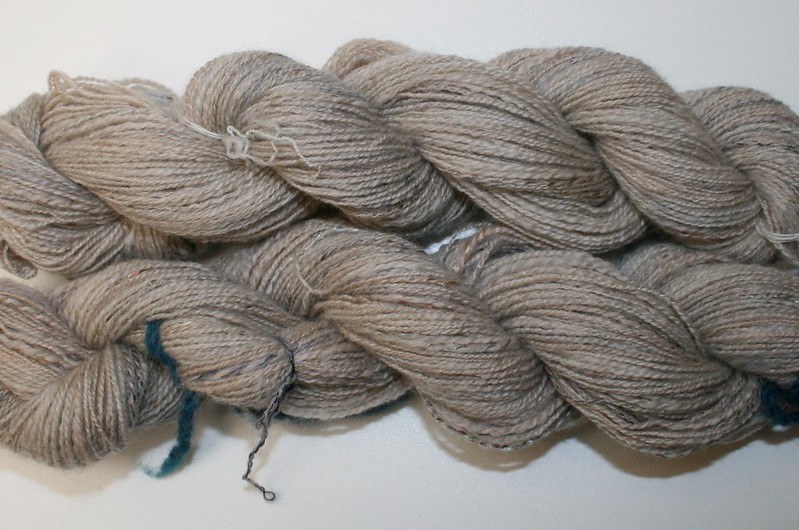
Three types of wool that can be used for Aran sweaters
January 28, 2020You Can Create Your Ideal Lifestyle | Discover It How
February 9, 2020What is contaminated land?
According to the UK Government, contaminated land contains, ‘substances that can cause significant harm to people property or protected species’, this also includes, ‘significant pollution of surface waters’, (lakes and rivers, for example), or land which can ‘harm people as a result of radioactivity’. [1]
We are now very much aware of the damage humans have done and are doing to the environment and it is our responsibility to rectify contaminated areas through the use of a land remediation company and encourage wildlife habitats as best we can.
Landfill sites
Landfill sites are unwieldy areas used to collect our mountains of rubbish. They tend to be very big, are often toxic to humans, and contain objects which cannot be recycled or are too spoiled to be. These sites use a lot of land which could of course be enjoyed by wildlife if it wasn’t there.
Report contaminated land
If you believe an area is contaminated, then contact your local council [2] who will also contact a land remediation company if they believe the land needs to be cleaned up. Be aware though, if the land is privately owned, this can complicate matters.
See the Government website on how to deal with contaminated land here: https://www.gov.uk/contaminated-land/dealing-with-contamination. Fly tipping can also be reported to your local council who can take action against the perpetrators.
Litter
Not only is litter an eyesore for most of us, it can also be incredibly harmful to wildlife. Empty plastic bottles and crisp packets are too irresistible to a small mammal; the lure of the sugar or leftover salty snacks can be irresistible to small mammals who will poke their heads in to investigate and may get stuck. Please dispose of your litter responsibly, buy recyclable packaging where you can and remember to recycle.
Something you can do in your garden
One of the best things we can all do for wildlife is to compost. Not only does composting make use of our bio-degradable waste, such as fruit and vegetable peelings; it can then be added to your garden soil. Compost heaps encourage worms and small insects which in turn encourage birds and small mammals which feast on them. Not only is it great for wildlife, it’s great for the environment too.
[1] https://www.gov.uk/contaminated-land
[2] https://www.rspb.org.uk/birds-and-wildlife/advice/gardening-for-wildlife/

